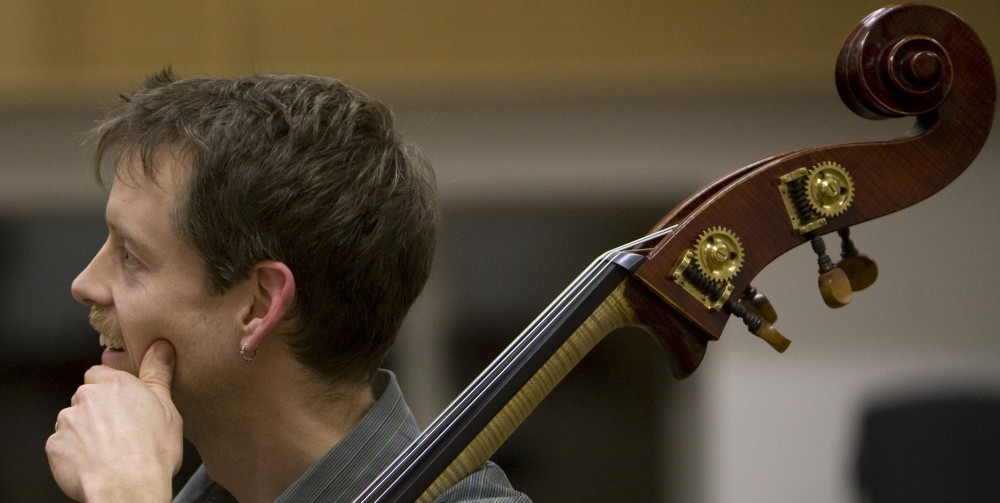About 15 years ago I invited an old friend with whom I had played in teenage rock bands to an ICO concert. He endured it and although he admired the technique on display, he mainly wondered afterwards what we young people were doing playing all this dead ancient music! I could hardly comprehend the question – most of the tunes we used to play together were based on well-worn chord sequences and modes, even if we were “writing our own material”. I think his reaction was, like many people, to the complexity rather than to the age of the idiom. His preference would have been for visceral impact, which is to a degree inversely proportional to sophistication.
I never made a distinction between music of then or now, alive or dead, even rock or classical. In fact, I have always regarded Music as one big entity with infinite internal connections, somewhat like the brain. What appear to be new ideas (young music) usually turn out to have been done before, if you care to look. The optimal kind of music-making involves connections that span time in a multi-directional way: the participants are not just looking back (to the score) but rather interacting with past and future Music. Trad players call it a session which is the same word as séance, an apt comparison.
